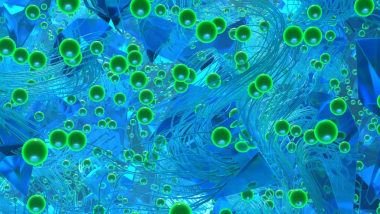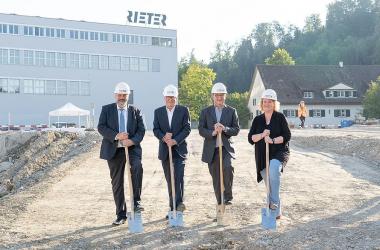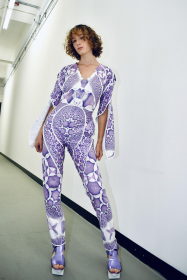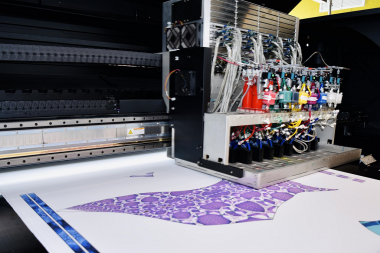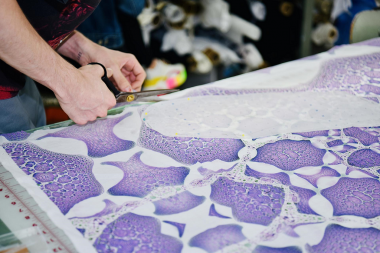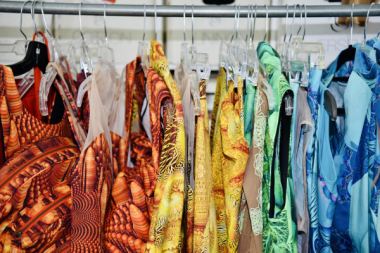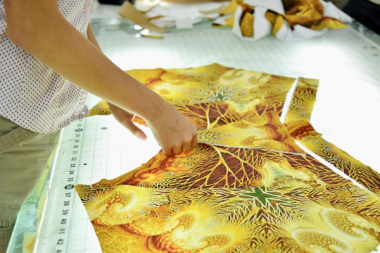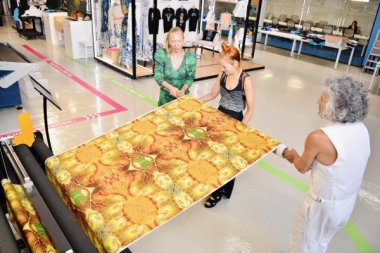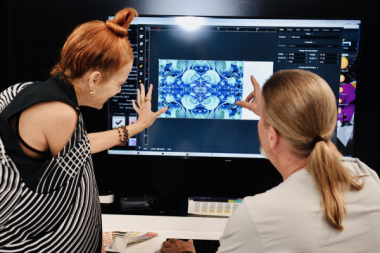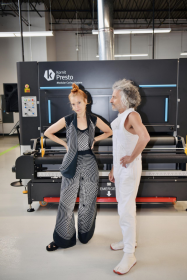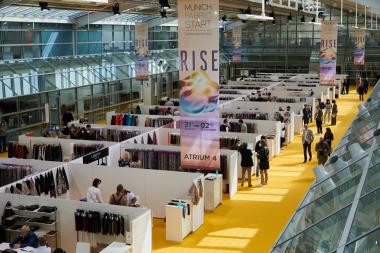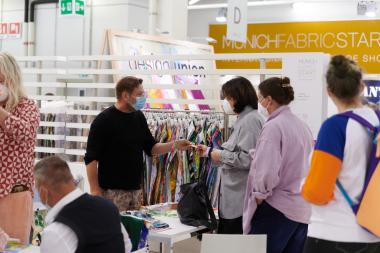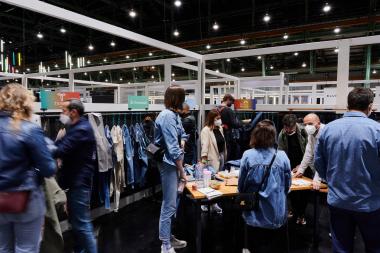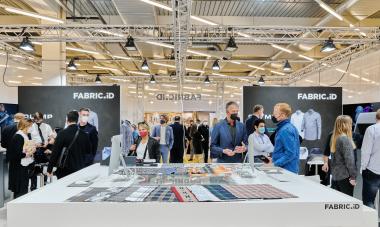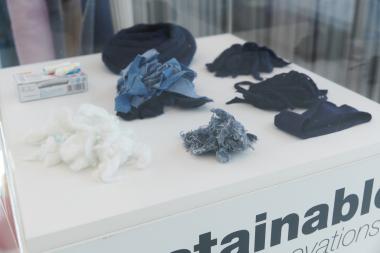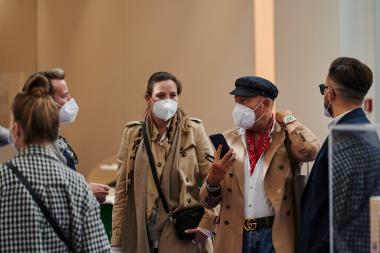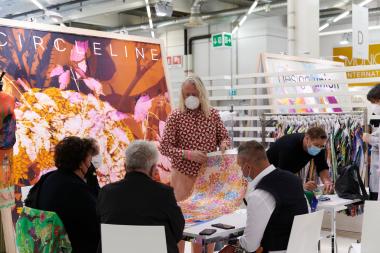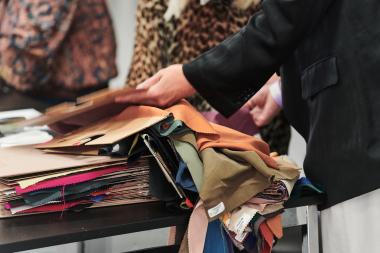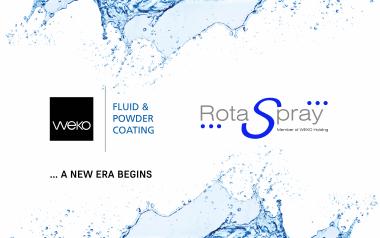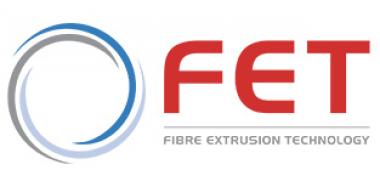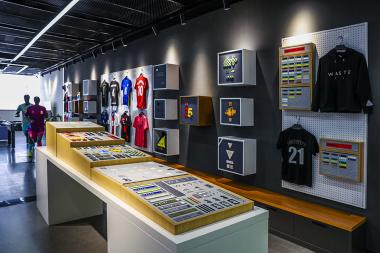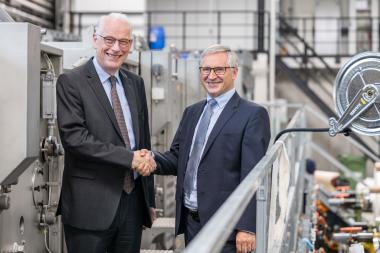Design, e-commerce and sustainable development highlights of Intertextile Shanghai Home Textiles fringe programme
The rescheduled Intertextile Shanghai Home Textiles, now taking place from 9 – 11 October, will once again provide the industry with insight into the future through its fringe programme’s four categories: Design Inspiration, Business O2O, Textiles & Technologies and Industry Empowerment. And with the Online Business Matching sourcing platform returning this edition, buyers worldwide can still participate in the fair.
Each of the fringe programme’s four categories – Design Inspiration, Business O2O (online to offline), Textiles & Technologies and Industry Empowerment – features a mix of conferences, seminars and presentations that reflect the future of the home textile industry. Highlights of each category are included below, while further details can be found on the fair’s website: https://intertextile-shanghai-hometextiles-autumn.hk.messefrankfurt.com/shanghai/en/programme-events.html.
Since 2019, Messe Frankfurt has been working with the Conscious Fashion Campaign and United Nations Office for Partnerships as part of the Texpertise Network and supports the UN Sustainable Development Goals. The goals will be presented gradually at global textile events in order to highlight the most pressing challenges facing the textile and fashion industry worldwide.
Industry Empowerment: antimicrobial technologies and licensing in the home textile sector
Growing awareness of health and hygiene has increased the demand for antimicrobial and other functional textiles. Seminars hosted by the Chinese Industry Association for Antimicrobial Materials & Products will further discuss the increasing prominence of these textiles, as well as how the adoption of new antimicrobial textile technologies is expected to evolve in the future. In addition, experts will share the new trends of licensing and IP with case studies for the furniture companies and fabric brands.
2022 China Home Textile Trends
The China Home Textiles Trend Area will feature the research of the China Home Textile Association, The Department of Home Textile Trend Research and Promotion and Concept & Style Fashion Project Group Italy who shared their knowledge, inspirations and exchanged their visions of trend evolutions considering consumer demand, retail expertise, the contract market and new technologies.
Intertextile Shanghai Home Textiles – Autumn Edition 2021 will be held concurrently with Intertextile Shanghai Apparel Fabrics – Autumn Edition, Yarn Expo Autumn, PH Value and CHIC at the National Exhibition and Convention Center. Intertextile Shanghai Home Textiles – Autumn Edition is organised by Messe Frankfurt (HK) Ltd; the Sub-Council of Textile Industry, CCPIT; and the China Home Textile Association (CHTA).
Intertextile Shanghai Home Textiles China Home Textile Trends Design Business O2O Technical Textiles Textile Technologies Industry Empowerment
Messe Frankfurt









